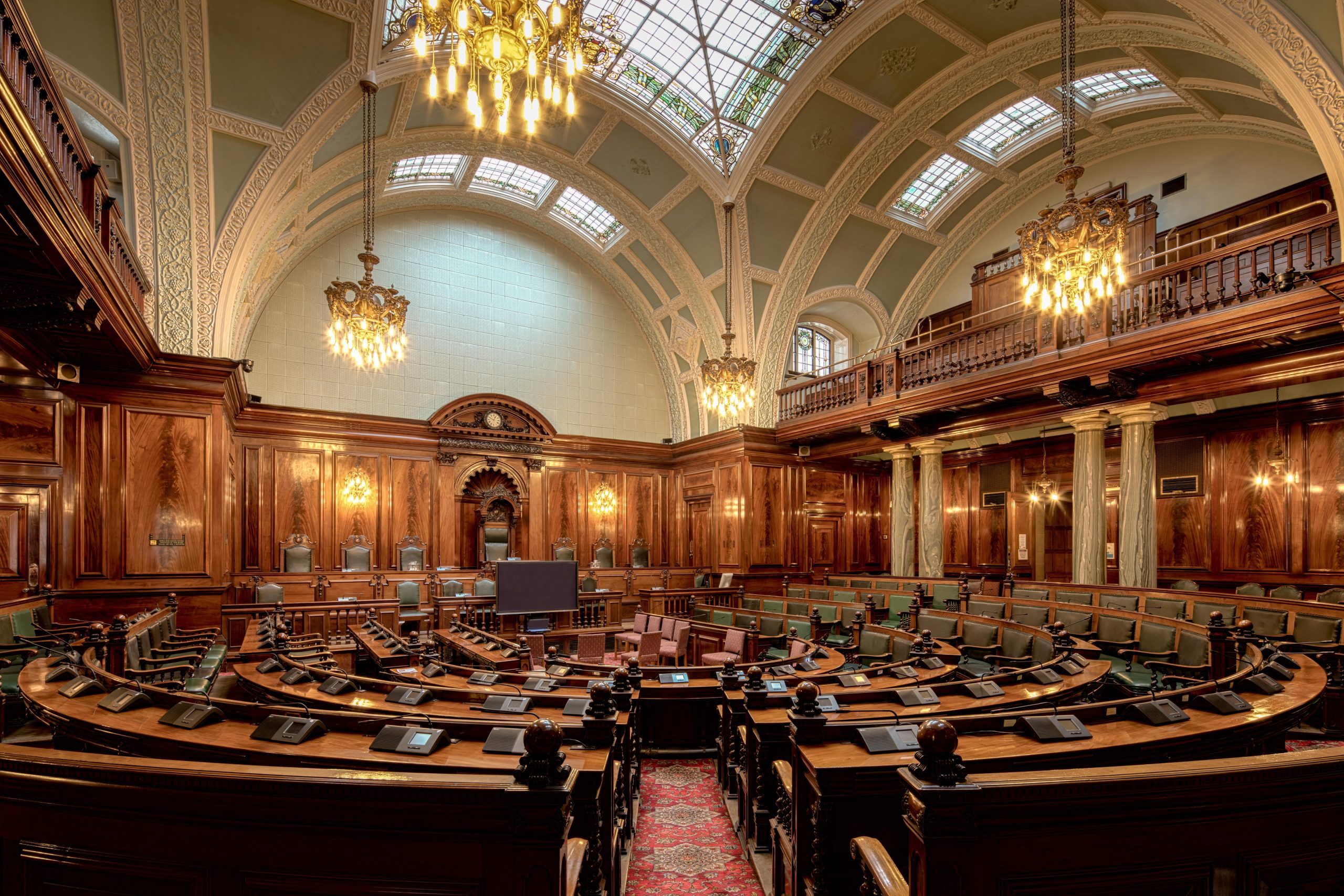Australia’s mutual obligation system is in disarray. Can expressions of regret and evaluations bring it back from the brink of suspension?


Australia’s mutual obligation system is in disarray. Can expressions of regret and evaluations bring it back from the brink of suspension?

Fatima Payman expresses regret for her remarks about Iran being a country where women’s “voices are heard.”

Understanding the Term “Aussie”: Is It Used for Australia? Lately, I’ve found myself puzzled by a recurring trend online where individuals, particularly those from outside Australia, refer to the country

Looking for the Perfect Jelly Slice Recipe! Hello everyone, I’m currently living abroad and would love to whip up a classic “Australian delicacy” for my 4-year-old daughter. Does anyone have
The mutual obligation system in Australia has faced significant criticism for being inflexible and not adequately addressing the diverse needs of job seekers. While apologies and reviews are essential steps toward improvement, they may not be enough to fundamentally fix the issues at hand.
To truly enhance the system, it would require a complete reassessment of its principles and implementation. This might involve greater personalization of support services, increased access to training and education, and ensuring that conditions placed on recipients are realistic and supportive rather than punitive.
Listening to the experiences of those affected, including job seekers and service providers, should be a crucial part of any review process. Collaborating with community organizations to gather insights and develop solutions could lead to a more effective and compassionate system.
Ultimately, while apologies and reform efforts can contribute to positive change, a more holistic approach that prioritizes the well-being and individual circumstances of job seekers is necessary to fix the broken mutual obligation system in Australia.